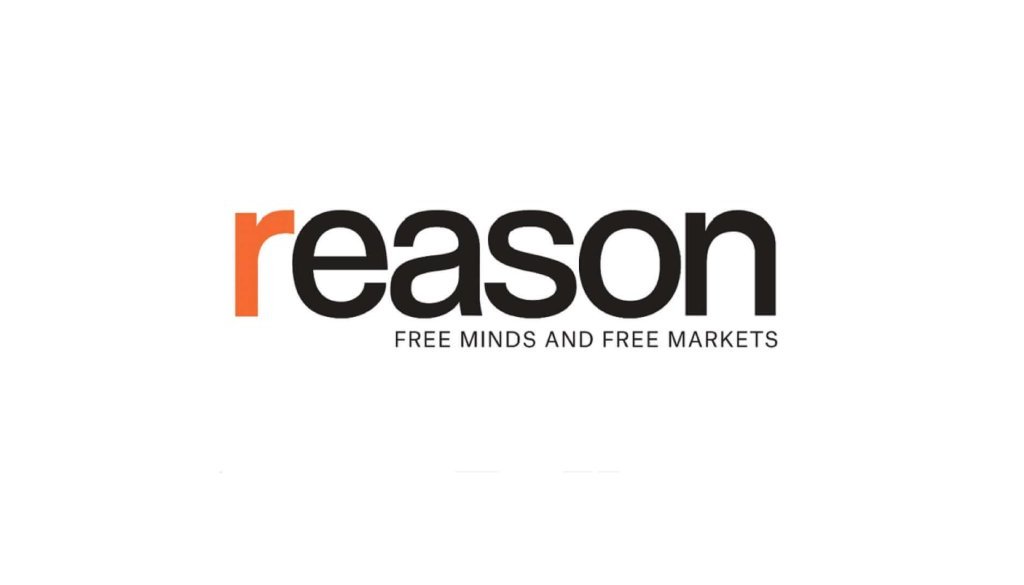Skype’s Shutdown Proves Bigger Isn’t Always Better
Skype’s consumer service was shut down by its parent company Microsoft on Monday. Though President Donald Trump’s overzealous antitrust enforcers think popular platforms with large user bases imbue firms with incontestable market power, the rise and fall of Skype contradicts this theory. Federal trustbusters should keep this case in mind before deeming Big Tech companies monopolies, breaking them up, and decreasing American innovation, growth, and dynamism.
Skype launched in 2003 and had 150 million monthly users by the time of its acquisition in 2011. Microsoft bought the internet calling service for $12 billion in inflation-adjusted dollars in May 2011, which the Federal Trade Commission (FTC) approved in June of that year. Salvatore Cantale, a professor of finance at INSEAD, a global business school, explained in 2013 that Microsoft paid “roughly ten times Skype’s revenues in 2010 [and] around twice its recent valuation.”
Some argue that Microsoft paid so much for Skype because it anticipated that doing so would corner the videoconferencing market, ensuring a profit. By 2020, Skype had grown to 32.4 percent
Article from Reason.com

The Reason Magazine website is a go-to destination for libertarians seeking cogent analysis, investigative reporting, and thought-provoking commentary. Championing the principles of individual freedom, limited government, and free markets, the site offers a diverse range of articles, videos, and podcasts that challenge conventional wisdom and advocate for libertarian solutions. Whether you’re interested in politics, culture, or technology, Reason provides a unique lens that prioritizes liberty and rational discourse. It’s an essential resource for those who value critical thinking and nuanced debate in the pursuit of a freer society.



